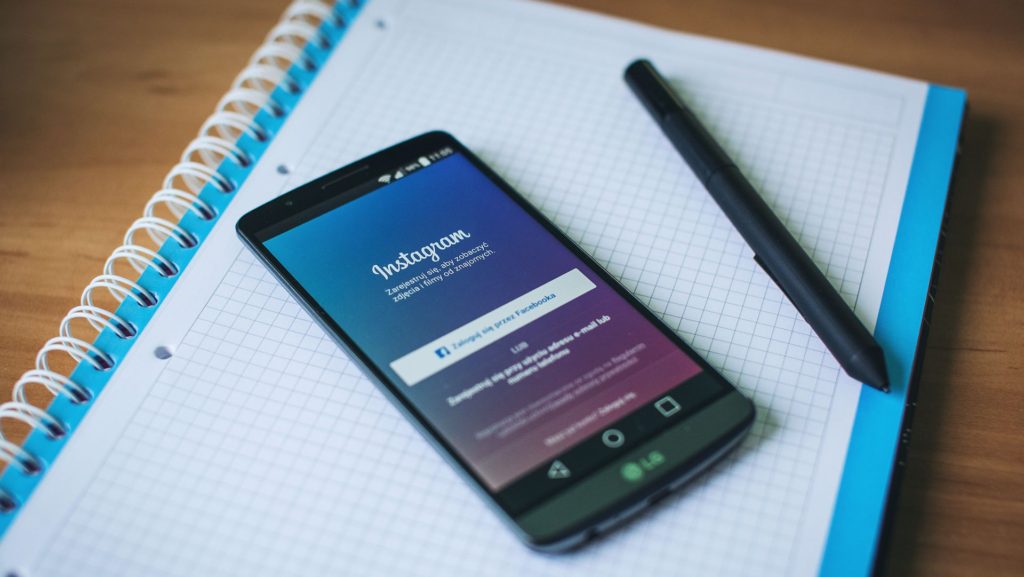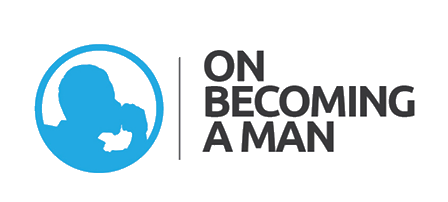It’s hard to juggle all the competing demands, keep your mind focused on what matters most and get it all done.
I believe the best thing you can do is change your overall approach to managing time, energy and priorities.
Here are nine simple productivity hacks I’ve discovered that deliver in big ways.
1. Pick Your Clothes Out the Night Before
One of your key assets as a leader is your mental energy. It drives thought, clarity, focus and so much more.
The problem, of course, is that life gets in the way of your mental energy, and if you’re not careful, the thousands of decisions you make in everyday life will suck up your focus, thinking and clarity before you know it.
A number of years ago I noticed almost every high impact leader I admired had a morning routine. I was developing mine, but I wanted to go deeper.
I started noticing that people like Mark Zuckerberg and Steve Jobs wore the same thing every day (grey T-shirt and jeans, black mock turtle neck and jeans, respectively). Albert Einstein bought several versions of the same tweed suit and wore that look every day.
So is this a fashion statement, a personal brand or something else?
Actually, it’s more about mental energy and decision fatigue. Einstein reportedly said his decision to dress the same every day was so he didn’t need to think about what he was going to wear.
You would think Einstein would have had brain power to spare, but he realized that mental energy gets spent like money gets spent. He did not think clothes were a great focal point. I agree.
Conserve your mental energy as though it were a finite resource. Because it is.
I haven’t committed to the same clothes every day, but on big days (like Sunday or a key meeting day), I will select all of my clothes the night before.
I’m shocked by the difference it makes. I’m no longer rummaging through my closet at 6:30 a.m. on a Sunday morning thinking thoughts like:
Did I wear that last week?
Have I worn that in this series? (We’re a video church…people notice these things.)
Do these even match? (I’m color blind and fashion-challenged.)
Are these the pants that are too tight/too loose?
…All of those questions get answered the night before.
What am I focusing on instead? The message. The delivery. The people. I even have more time to pray.
Try it. Pick your clothes out the night before.
2. Follow a Morning Ritual
I also noticed that almost every great leader and top performer typically does the same thing at the start of each day. They can vary, but from pre-game rituals for athletes to the morning routine of high impact leaders, almost everyone has a set of steps they go through to get ready.
My morning starts between 4:30 and 5:00 every morning with a cup of tea, Bible study and prayer.
Then I move into writing on important projects. After a few hours I have breakfast (the same high protein breakfast every day—a piece of fruit, eggs, and sausage or bacon) and a shower, and then I go back to work on big projects.
The point here is not to imitate others, but to figure out what routine works for you.
If you don’t have consistent habits to start your day with, the morning can quickly become frazzled and haphazard, or at least pointless. Before you know it, three hours have gone by, you’ve accomplished nothing and your brain is already tired.
Routines force your mind and body to be disciplined.
If you don’t have a morning routine, start one. And don’t use the excuse that you’ve got young kids. I did too once. (Kids can benefit from routines as well.)
Even if it’s just an intentional 30-minute start to your day before your kids get up, it can transform your mindset for the entire day. You might even become a kinder parent.
A morning routine doesn’t guarantee a great day, but it positions you for one.
3. Guard Your Peak Energy Window
Even though you have 24 equal hours in a day, not every hour is created equal.
If you’re like most people, you have a three- to five-hour a day window where your energy is at its highest, your mind is sharpest and you can produce more than normal. And you have other windows where you can feel sluggish or tired.
In The High Impact Leader Course, I show you exactly how to discover your personal energy windows and how to optimize them for maximum effectiveness and productivity.
Here’s a quick hack you can start using now. Don’t squander your best window.
When you’re at your best, do your most important work. Too many leaders end up wasting their peak hours going for breakfast (or lunch), sitting in meetings they don’t need to be in, or even exercising.
Unless working out is your top goal, don’t do it in your peak hours. Do it when you’re a little more tired later in the day (it will rescue those hours in the process).
For me, my peak hours are 5 a.m.–10 a.m., and I do all the writing I can in those windows. Like writing this blog post.
What takes me two hours in that window might take me five hours when I’m tired. And the quality is better when I’m sharp.
What’s the secret to high impact leadership? Doing what you’re best at when you’re at your best.
 4. Use Distractions as Rewards
4. Use Distractions as Rewards
Let’s face it, when you have really important work to do, you feel the urge to do anything except the work you’re supposed to do.
So you might:
Jump on Instagram.
Stop by a co-worker’s desk to chat.
Raid the fridge.
Check out the YouTube video on how to fix your garage door opener.
More than ever before, our lives are full of distractions that push to every device we own.
Here’s a tip. Use the distraction as a reward.
Don’t tell yourself you can’t scroll through Instagram. Just tell yourself you can do it after you’ve worked for an hour, or completed five pages of that report, or designed the retreat, or whatever you’re doing.
When you use distractions as rewards, your productivity will jump.
5. Turn Off All Notifications on Your Devices
Speaking of distractions, turn off ALL notifications on your devices if you really want to be productive.
The default for most apps on your phone and computer leans more often toward ‘on’ these days rather than off.
Look through your settings and disable them. The only ones I routinely leave on are texts. (I don’t give out my number widely and my teams knows to text me if it’s urgent.)
It’s amazing how focused you’ll become.
A focused leader is a productive leader. A distracted leader isn’t.
6. Take a Break to Find a Breakthrough
As focused as you are, sometimes it can be really difficult to find that breakthrough idea you’re looking for.
Your natural instinct is probably to stay longer, work harder and stare at that blank notebook or screen a little longer. For years, that was my instinct too.
But have you ever noticed your best ideas often come to you when you’re not trying to think of them?
You wake up in the morning and there it is. Or you’re out for a walk or a run and it hits you. Or you’re in the shower and the breakthrough just dawns on you.
You’re not alone.
There’s good research that shows our brains actually connect the dots in the background when our minds are relaxed.
In my experience, you have to do some solid grinding on an idea before taking a break. That’s the “work” part.
But often when designing a sermon series or writing a book, I’ll work hard on the concepts when I’m at my best, but then I’ll take a break. It can be anything from cutting the grass, to going for a one-hour bike ride, to taking a drive into town. For me, it’s the combination of a relatively mindless physical activity preceded by some deep work on an issue that produces the greatest quantity of eureka moments.
If you’re searching for that elusive breakthrough, take a break.
7. Have an Easy Capture System for Ideas and Insights
Because your best ideas will come to you when you’re not expecting it, you need to develop a foolproof method for capturing them.
Whether it’s a notebook you carry with you or some app on your phone is irrelevant. You simply need something to capture them before they vaporize. Because they will vaporize.
I use Evernote because I can record them if I’m not able to stop or write. I’ve recorded whole sermon series ideas while cycling (on the road). But whatever you use, make sure you have it with you.
8. Go to Bed…Early
Before I burned out 11 years ago, I thought sleep was for weak people. Since I burned out, I’ve found a new enthusiasm for sleep I never had before.
Why?
A rested you is a better you.
As Greg McKeown wrote in his New York Times best-selling book Essentialism, sleep protects the most valuable asset you have: you—your body and your mind. (You can listen to my interview with Greg here.)
If you’re really struggling to stay focused, just go to bed early tonight and get eight hours of sleep. Do that night after night until you feel fantastic.
I really believe sleep is a secret leadership weapon most leader miss.
When I wasn’t sleeping much, I had a smaller church and had written zero books. Since I’ve taken sleep more seriously, our church has doubled in size and I’ve written three books, launched two courses, host two podcasts and speak to leaders all over the world. That’s not entirely coincidental.
9. Take a Nap
It’s surprising how many highly effective leaders have adopted the practice of napping. From Benjamin Franklin, to Winston Churchill, to Thomas Edison, to Michael Hyatt, to Ariana Huffington, napping is the practice of many amazing leaders.
For me, a nap in the middle of the day feels like plugging my phone in. I move from 50 percent to 80-90 percent in about 20 minutes.
Or as Winston Churchill put it:
Nature has not intended mankind to work from eight in the morning until midnight without that refreshment of blessed oblivion which, even if it only lasts twenty minutes, is sufficient to renew all the vital forces.
If you’re sluggish, struggling with focus or your mind just isn’t that sharp, take a nap.
A rested brain is a better brain.
Originally published via

